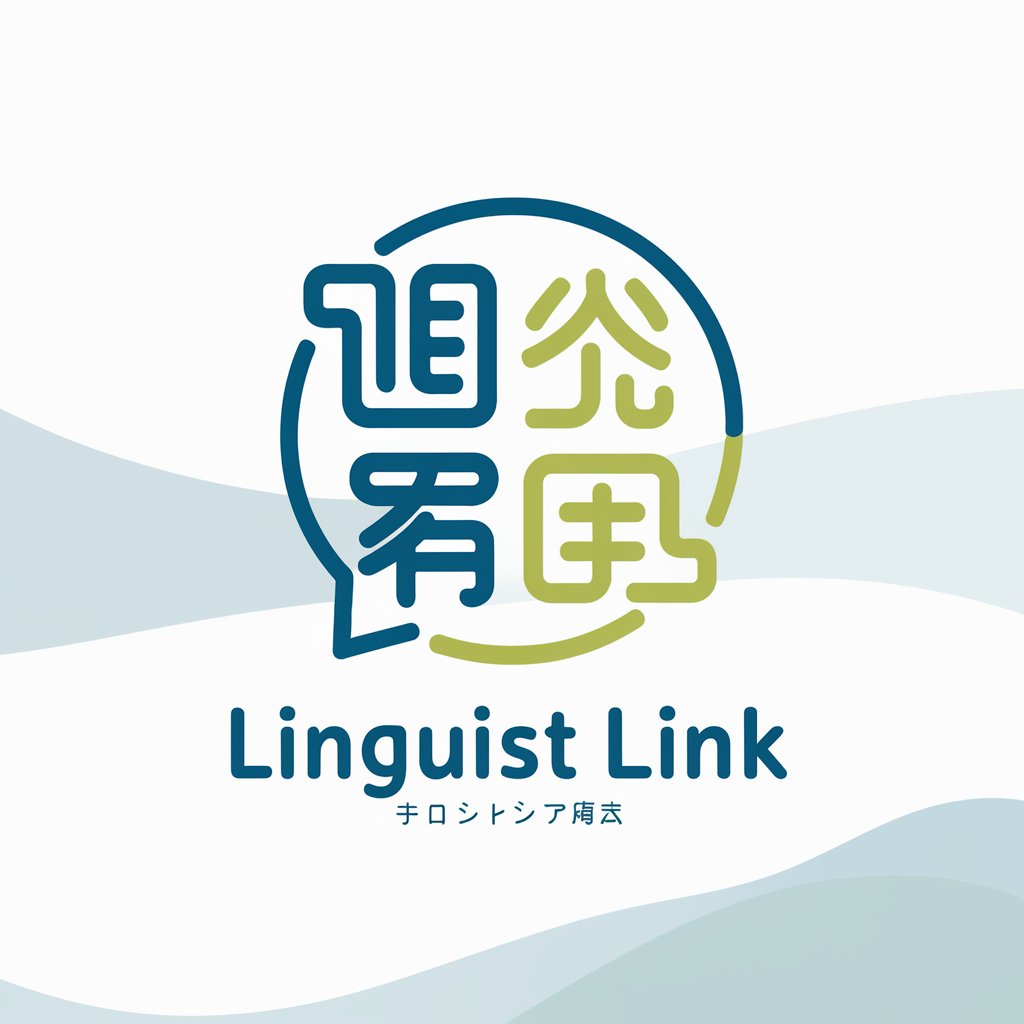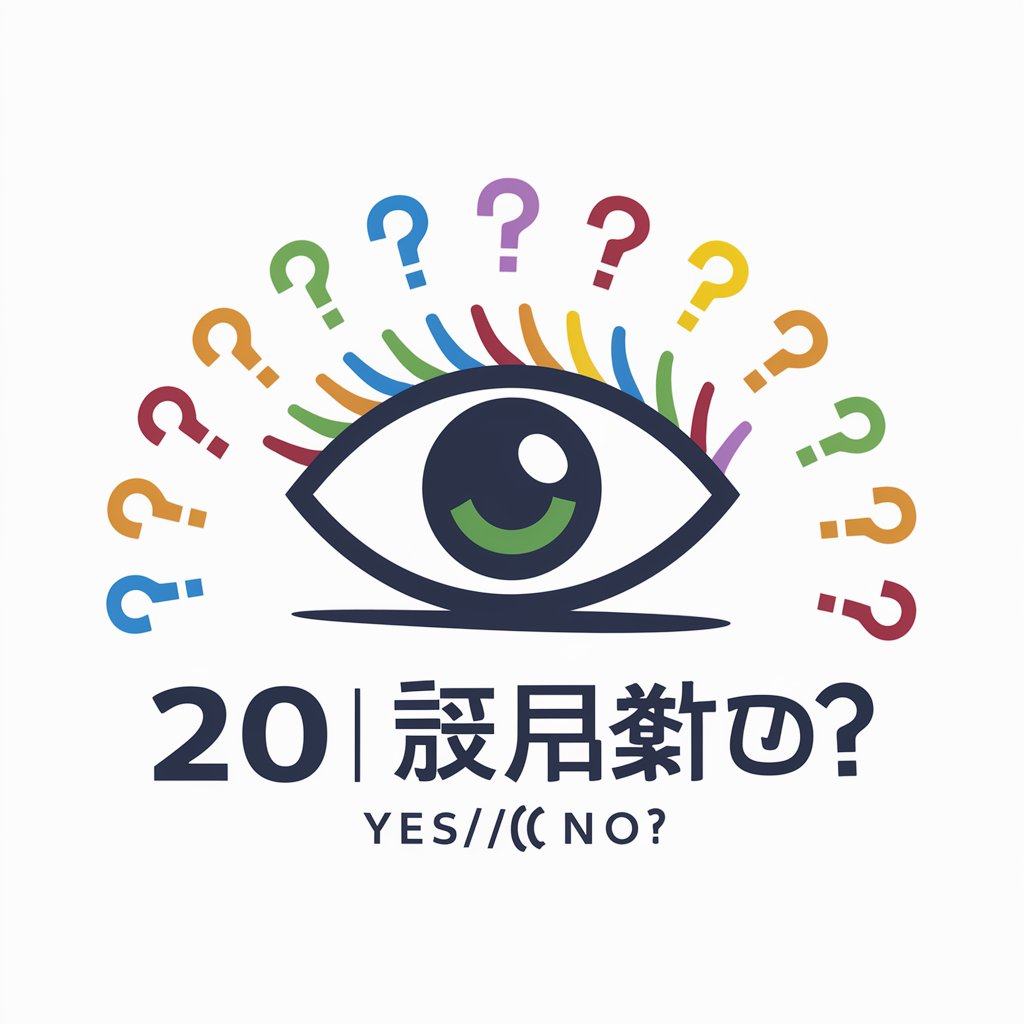論文要約 AI - Accurate Academic Summaries

ようこそ、論文要約 AIです。学術論文の要約をお任せください。
Precision Summarization for Academic Papers
Summarize the main findings of the paper on social media analysis during the COVID-19 pandemic.
Describe the methodology used in Ryo Hatanaka and Fujio Toriumi's study on giveaway tweet users.
Explain the objectives and conclusions of the research on Twitter giveaways during the pandemic.
Provide a detailed abstract of the study by Hatanaka and Toriumi on COVID-19 and social media behaviors.
Get Embed Code
Overview of 論文要約 AI
論文要約 AI, or 'Academic Paper Summary AI', is designed to provide structured and detailed summaries of academic papers, primarily focusing on content in Japanese. This AI specializes in breaking down complex academic information into clear, understandable summaries. The design purpose is to assist users in grasping the essential contents of scholarly articles without needing to read the entire document. This tool is particularly adept in fields like social media analysis during pandemics, which involves examining large data sets and complex interactions. An example scenario includes summarizing a study on Twitter usage during COVID-19, highlighting key methodologies, findings, and implications. Powered by ChatGPT-4o。

Key Functions of 論文要約 AI
Structured Summaries
Example
For instance, summarizing a paper on 'Analysis of Giveaway Tweet Users on Twitter during COVID-19'.
Scenario
This function would organize the summary into sections like Objectives, Methodology, Results, and Conclusion, allowing researchers to quickly understand the study's framework and outcomes.
Detailed Analysis of Methodology and Results
Example
Summarizing complex statistical analyses and data interpretation from papers.
Scenario
Researchers studying the statistical methods applied in different studies can use this AI to get clear, concise summaries of the methodologies and results sections, saving time and enhancing comprehension of technical details.
Accessibility in Japanese
Example
Providing Japanese summaries for international researchers or students who are proficient in Japanese.
Scenario
This function is crucial for non-native English speakers who need access to research findings in Japanese, thus broadening the accessibility of scientific knowledge.
Target User Groups of 論文要約 AI
Academic Researchers
Researchers who require quick insights into specific studies without delving into full texts, especially useful in fields where staying current with a large volume of publications is critical.
Students in Higher Education
Students working on literature reviews or needing to integrate various study findings into their research projects can utilize this AI to efficiently process and understand multiple academic papers.
Non-Native Japanese Scholars
Scholars who are proficient in Japanese but not in the language of the original document can benefit from the AI's ability to provide summaries in Japanese, facilitating better understanding and engagement with research content.

How to Use 論文要約 AI
Step 1
Visit yeschat.ai for a free trial without login, also no need for ChatGPT Plus.
Step 2
Upload or link to the academic paper you want summarized.
Step 3
Specify any particular sections of the paper you are most interested in or let the AI decide the focus.
Step 4
Review the structured summary which includes headings like Abstract, Objectives, Methodology, and more.
Step 5
Use the detailed summaries for research insights, paper reviews, or academic discussions.
Try other advanced and practical GPTs
Linguist Link
Seamless Japanese to English AI Translations

PROFIT HOUND
Empowering Business Decisions with AI

Sound Doctrine
Exposition Powered by AI

Ticket Hound
Your AI-Powered Ticket Scout

Python Hound
Enhance your code with AI-powered Python Hound.

Asset Hound
Enhancing DXP Development with AI

Yuki Hoshiko (Sensei Yuki)
Learn Japanese with Anime Flair

20の質問(ゲーム)
Challenge Your Mind with AI

Mushroom Hunter
Identify Mushrooms with AI

CHEAP HUNTER
Unleash Smart Savings with AI-Powered Deals

Product Hunter
Discover Innovations, Power Your Decisions

Aussie Divorce & Financial Settlement Guide
Navigate Divorce with AI-powered Legal Insight

Detailed Q&A about 論文要約 AI
What types of documents can 論文要約 AI process?
論文要約 AI specializes in academic papers, particularly those in fields such as social media analytics and public health studies.
Can 論文要約 AI summarize papers in languages other than Japanese?
Currently, 論文要約 AI is optimized for summarizing papers written in Japanese, focusing on maintaining the integrity of specialized terminology.
How does 論文要約 AI handle ambiguous information in papers?
If information in the paper is ambiguous or unclear, 論文要約 AI will highlight these sections and suggest clarification or further review.
Is 論文要約 AI suitable for non-academic use?
While primarily designed for academic texts, the AI can be helpful in any scenario that requires detailed, structured information processing.
How accurate is 論文要約 AI in summarizing complex theories or data?
論文要約 AI is highly accurate, especially in fields like epidemiology and social sciences, thanks to its focus on academic content and structured data presentation.
